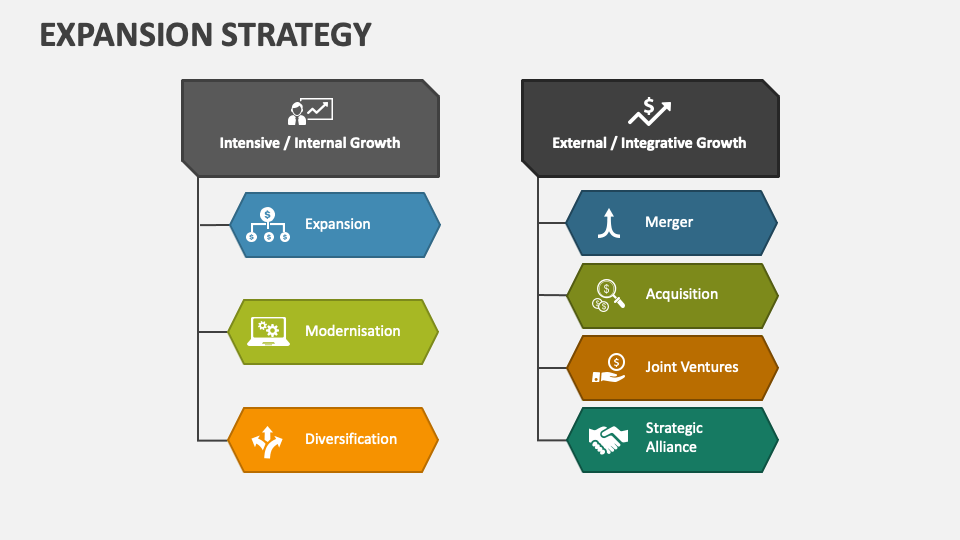In the dynamic world of professional sports, evolution isn`t just an aspiration; it`s a necessity. The National Women`s Soccer League (NWSL), under the astute leadership of Commissioner Jessica Berman, is demonstrating this principle with a series of strategic shifts designed to bolster player welfare, streamline league expansion, and navigate future logistical challenges. From on-field medical emergencies to the intricacies of global sporting events, the NWSL is not merely reacting but proactively shaping its future.
A “No-Brainer” for Player Safety: Learning from Experience
Player safety has unequivocally taken center stage in the NWSL`s operational framework. The recent decision to halt the match between the Seattle Reign and Racing Louisville following Savannah DeMelo`s medical emergency was, as Commissioner Berman succinctly put it, “a no-brainer.” DeMelo, now stable and undergoing testing, received immediate care, and the game was abandoned to ensure the well-being of all involved, reflecting a profound shift in league protocol.
This swift, decisive action marks a pivotal moment, especially when viewed against a similar incident earlier this season. In May, when Angel City`s Savy King experienced a medical event, the match continued, drawing significant criticism from both teams and the NWSL Players Association. That incident served as a stark, albeit painful, lesson, prompting a rapid policy review and implementation of new guidelines.
“No one wants to have experience practicing these policies but having had the opportunity to play it out earlier this year, assess and learn the things that we could do better and actually have the chance to do it better the second time around was a moment that allowed us to show what we`re capable of,” Berman stated, acknowledging the league`s growth.
The NWSL`s ability to learn, adapt, and prioritize its athletes underscores a maturity that is crucial for any burgeoning professional league. It`s a testament to listening to stakeholders, embracing accountability, and, perhaps with a touch of irony, needing a second critical incident to truly solidify a robust, compassionate response.
Strategic Expansion: The “Rolling Process” Paves the Way for Growth
Beyond immediate player welfare, Commissioner Berman unveiled a significant strategic pivot in the NWSL`s expansion model. Moving away from fixed, time-bound expansion rounds, the league will now adopt a “rolling process.” This change is designed to provide greater flexibility to prospective owners, allowing them to pursue bids at their own pace, tailored to their unique investment timelines and infrastructure development needs.
The league, which recently welcomed the Utah Royals and Bay FC, and anticipates Boston Legacy and the Denver Summit in 2026, recognizes that a one-size-fits-all approach no longer serves its ambitious growth trajectory. With “more than a dozen” interested parties currently in discussions, this flexible model aims to secure the “best possible result” for future rounds, ensuring that new clubs are not just added but are strategically positioned for long-term success.
Berman also reiterated the league`s ambitious vision for its ultimate size, drawing parallels to major men`s sports leagues like the NFL, NBA, NHL, and MLB. She emphasized that the NWSL`s growth ceiling is limited only by the size of the country`s designated market areas and the robust pipeline of player talent—factors that are equally favorable for women`s professional soccer.
“It was really just to say we don`t view the ceiling on our growth as any different than any of the men`s leagues,” she clarified, signaling a clear intent for expansive, sustained development, rather than a fixed target number of teams.
Navigating the Future: World Cup Breaks and D2 League Delays
The NWSL isn`t just looking inward; it`s also meticulously planning for external global events. With the 2026 Men`s World Cup set to dominate the international sports calendar, the NWSL has proactively announced a pause in play during the tournament`s group stage, from June 11-27. This decision is a pragmatic response to the logistical complexities, given that seven NWSL markets will serve as host cities, potentially impacting stadium and training ground availability.
The league aims to resume play around the Fourth of July weekend, aligning with the World Cup`s knockout stages when logistical pressures are expected to ease as teams are eliminated. This foresight minimizes disruption and positions the NWSL to capitalize on a potentially heightened soccer awareness post-group stage.
Furthermore, plans for a Division II league have been pushed back to 2027. Originally slated for 2026, this strategic delay allows the NWSL to “preserve optionality” and thoroughly evaluate the optimal structure and mechanism to support a developmental tier. The initial proposal of D2 teams sharing D1 stadiums presented clear infrastructure conflicts with the World Cup, making the delay a prudent decision to ensure a sustainable launch.
In essence, the NWSL is demonstrating a comprehensive approach to league management: enhancing foundational elements like player safety, adopting flexible yet ambitious growth strategies, and meticulously planning for future challenges. This systematic evolution suggests a league not just growing, but maturing into a formidable, thoughtfully constructed entity in the global sports landscape.

